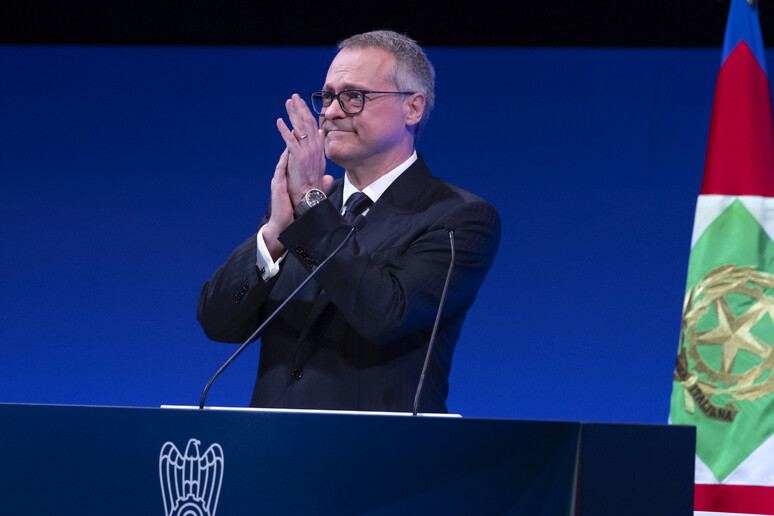Introduction of a minimum wage in
Italy will not solve the problem of the working poor,
Confindustria President Carlo Bonomi said on Friday.
The association of industrial entrepreneurs "remains convinced
that the mere introduction of a legal minimum wage, without the
accompaniment of a set of measures aimed at enhancing
representation, would solve neither the huge issue of poor work,
nor the scourge of contractual dumping, and nor would it give
greater strength to collective bargaining," Bonomi told the
annual assembly in Rome.
"The Constitution obliges us to recognise a fair wage for
workers' and this function "is entrusted to bargaining", he
continued, insisting that in industry wage dynamics have been
way higher than in other sectors of the economy in the last 20
years.
The issue of poor work has been a hot topic in Italy since
opposition parties presented a joint bill to introduce a legal
minimum wage of nine euros gross per hour in June.
However, while saying such a provision could be applied to some
categories of workers as part of all-round efforts to combat low
salaries, Premier Giorgia Meloni said Monday has ruled out
tackling the problem with a single, generic law and asked the
National Council for Economics and Labor (CNEL) to come up with
an alternative in time for the presentation of the 2024 budget
bill.
On workplace safety - another hot topic in Italy following a
recent spate of work-related deaths - Bonomi said prevention is
key and called for "clear and simple rules" and "collective
agreements" that provide for "full application of health and
safety regulations".
"Our vision is that it is necessary to prevent accidents by
strengthening a participatory logic that unites in actions and
related responsibilities, not one that divides and opposes,
which is the legacy of old class antagonisms," said the industry
chief.
ALL RIGHTS RESERVED © Copyright ANSA











